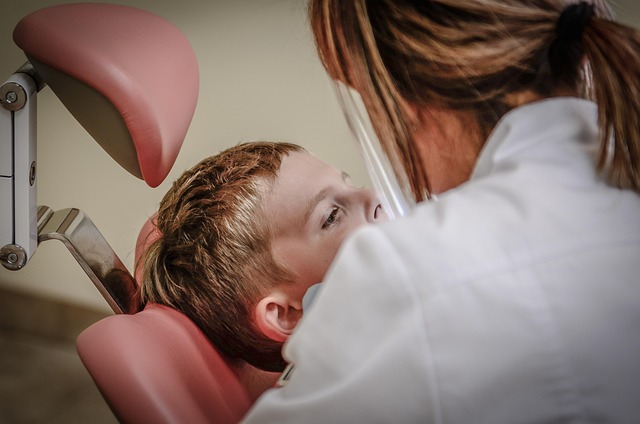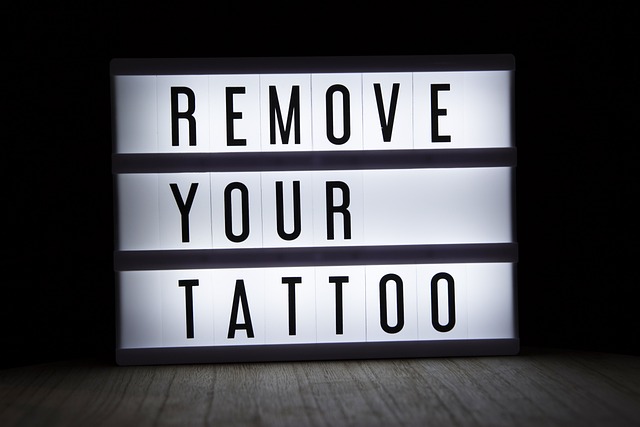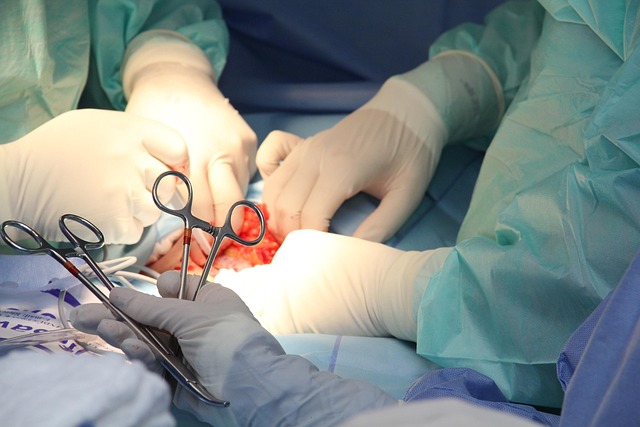Warts, caused by HPV, are common but unsightly growths treatable by professionals. Professional wart removal offers faster healing and reduced recurrence compared to OTC options. Methods like cryotherapy, salicylic acid, laser therapy, and surgery target HPV without damaging skin. Over-the-counter treatments manage smaller warts but may be less effective for persistent cases. Consulting a dermatologist recommends for specialized services like those available in Bolton, Essex, Guildford, Bradford, etc.
“Warts can be unsightly and uncomfortable, but effective removal methods exist. This comprehensive guide explores various strategies recommended by dermatologists for eliminating warts, from home remedies to professional treatments. We delve into the science behind different causes and types of warts, offering insights into common removal techniques like lasers and surgery. Additionally, learn about topical creams and acids, at-home care tips, and when to seek expert advice for optimal wart removal.”
- Understanding Warts: Causes and Types
- Common Wart Removal Methods
- Professional Treatments: Laser and Surgery
- Topical Creams and Acids for Warts
- At-Home Care and Prevention Tips
- When to Consult a Dermatologist
Understanding Warts: Causes and Types

Warts are common skin growths caused by certain types of human papillomaviruses (HPV). They can appear anywhere on the body, but often show up on the hands and feet. While some warts may disappear on their own, others can persist for months or even years, leading many to seek professional wart removal treatment. There are several types of warts, including common warts, which are usually rough, small growths; plantar warts that grow on the soles of the feet; and genital warts, a sexually transmitted infection (STI) that appears in the genital area.
If you’re considering professional wart removal treatment, it’s helpful to know your options. Treatments like cryotherapy (freezing), salicylic acid, and laser therapy are commonly used by dermatologists at clinics such as the Bolton Wart Clinic, Kent Gillingham, and Salford private wart removal services. These methods target the HPV virus and aim to remove the wart without causing significant skin damage. Understanding the causes and types of warts is an essential first step in deciding on the best course of action for effective and safe removal.
Common Wart Removal Methods

When it comes to common wart removal methods, several options are available. However, for persistent or unsightly warts, many dermatologists recommend professional wart removal treatments. These safe and effective treatments for both children’s warts and age-related issues offer long-lasting relief by targeting the source of the problem without causing significant discomfort.
The Canterbury Wart Clinic, for instance, provides non-invasive professional treatments that are tailored to individual needs. These advanced procedures ensure minimal downtime and often yield better results than over-the-counter solutions. By trusting a professional’s expertise, individuals can expect faster healing, reduced risk of reoccurrence, and improved overall appearance, making it a preferred choice for those seeking long-term relief from unwanted warts.
Professional Treatments: Laser and Surgery

Professional treatments like laser and surgery are effective options for removing warts. Laser therapy uses targeted light energy to destroy wart tissue while minimizing damage to surrounding skin. This method is particularly useful for small, superficial warts and can provide a permanent solution if multiple sessions are performed as recommended by dermatologists.
Surgery involves physically removing the wart, often with a scalpel or surgical blade. While it may seem more invasive, it’s an option for stubborn warts that haven’t responded to other treatments. At reputable clinics like the Bristol Wart Clinic, hygiene practices are paramount. Professionals use sterile tools and follow stringent procedures to ensure patient safety and minimize the risk of infection during these procedures. Which method is right for your warts depends on their size, type, and location, as well as your personal preferences and budget considerations.
Topical Creams and Acids for Warts

For many, warts can be an unsightly and uncomfortable issue. Fortunately, there are several effective topical treatments available that offer a more gentle approach to professional wart removal. These include creams containing salicylic acid or imiquimod, which stimulate the immune system to fight off the virus.
While these over-the-counter options might not be as potent as in-office procedures like cryotherapy or surgical excision, they can still be highly effective, especially for smaller, less stubborn warts. Always follow the instructions provided with your chosen cream and consult a dermatologist if you require more persistent or widespread wart removal, such as that offered through wart removal essex colchester, wart removal guildford, or other specialized services.
At-Home Care and Prevention Tips

While some warts may disappear on their own with minimal care, many people opt for at-home treatments or turn to a professional wart removal clinic like Bolton Wart Clinic for faster and more effective relief. Though over-the-counter options are available, they often lack the potency of prescription medications. Professional wart removal treatment offers a variety of advanced methods, such as cryotherapy (freezing), salicylic acid applications, or laser treatments, tailored to specific wart types and severity.
Preventative measures can also play a crucial role in reducing the likelihood of developing warts. Maintaining healthy skin, practicing good hygiene, and avoiding direct contact with infected individuals or contaminated surfaces are essential strategies. Additionally, strengthening your immune system through balanced nutrition and regular exercise can help your body ward off viral infections that cause warts. For those with recurring warts or difficult-to-treat cases, consulting a dermatologist to discuss using alpha hydroxy acids professionally or other specialized treatments is recommended.
When to Consult a Dermatologist

Warts can be a persistent and unsightly concern, but knowing when to seek professional help is vital for effective treatment. If over-the-counter remedies have failed or warts are causing discomfort, it’s time to consult a dermatologist. They offer advanced techniques like microdermabrasion, which not only removes the visible wart but also helps rejuvenate the skin with controlled acidity.
In Bradford or any location, private wart removal treatments provide a more personalized approach. Unlike over-the-counter options, these professional services consider individual skin types and the specific characteristics of each wart, ensuring safer and often faster results. This is especially important as warts can be stubborn and recurrent, requiring expert care for complete elimination.
Wart removal can be achieved through various methods, from at-home care to professional treatments like lasers or surgery. Understanding the different options, their pros and cons, and when to consult a dermatologist is key. For many, topical creams and acids offer effective relief, while others may require more intensive procedures. Regardless of the approach, proper at-home care and prevention can help manage and minimize the occurrence of warts. When in doubt, seek advice from a dermatology expert for tailored professional wart removal treatment.
